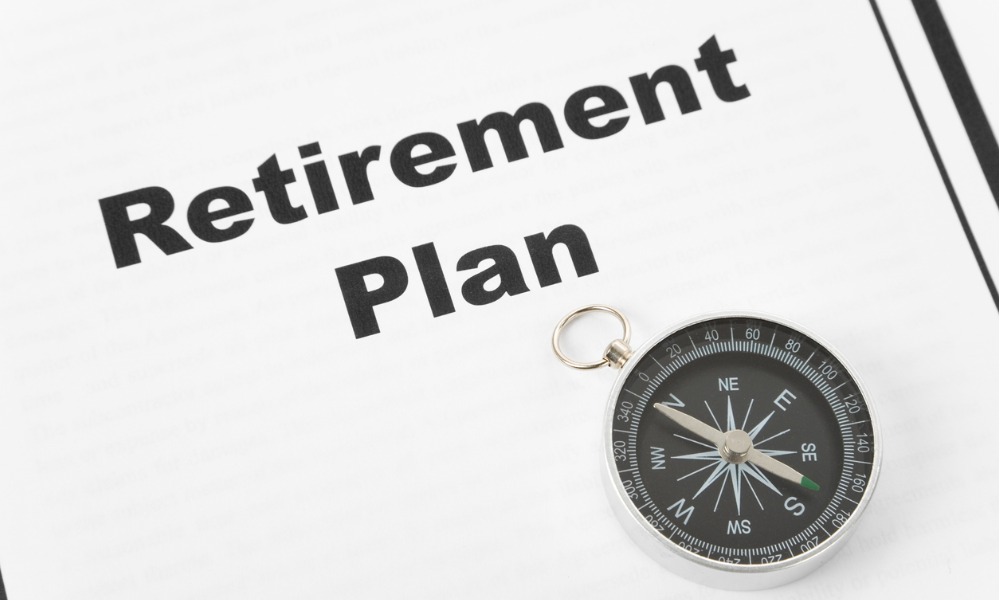Why workers' retirement expectations don't pan out and what they can do about it

A recent report from Transamerica Center for Retirement Research in partnership with Transamerica Institute has unveiled a striking finding: pre-retirees often hold unrealistic expectations about their retirement age.
The study, based on an online survey conducted by The Harris Poll, gathered responses from 2,546 workers aged 50 or older and 2,104 retirees. The report found that 66% of workers in the 50-plus age group either expected to retire after reaching 65 or had no plans to retire at all. However, the reality starkly contrasted with these expectations, as 58% of retirees had retired before reaching the age of 65.
Furthermore, more than half of retirees (56%), found themselves retiring earlier than they had anticipated. A number of them cited health-related and employment factors as the primary reasons for their early retirement.
The study also found that only 31% of pre-retirees had a backup plan for income in case they were forced into retirement sooner than expected. Catherine Collinson, CEO and president of Transamerica Institute and TCRS, emphasized the importance of being prepared, noting that those who retired unexpectedly due to unforeseen circumstances “may find themselves scrambling for income.”
“Having a well-developed financial strategy including backup plans can pave the way for a smoother transition,” Collinson said.
The study highlighted a lack of emphasis on long-term health considerations among both pre-retirees and retirees. Despite 73% of pre-retirees and 74% of retirees expressing concern about their health, only 18% and 20%, respectively, factored long-term health into their lifestyle decisions.
Collinson added that many retirees and pre-retirees are “financially fragile”, partly due to the evolving retirement landscape and the growing societal expectation that individuals should fund a larger portion of their retirement income themselves, often “without the knowhow or resources needed to succeed.”



